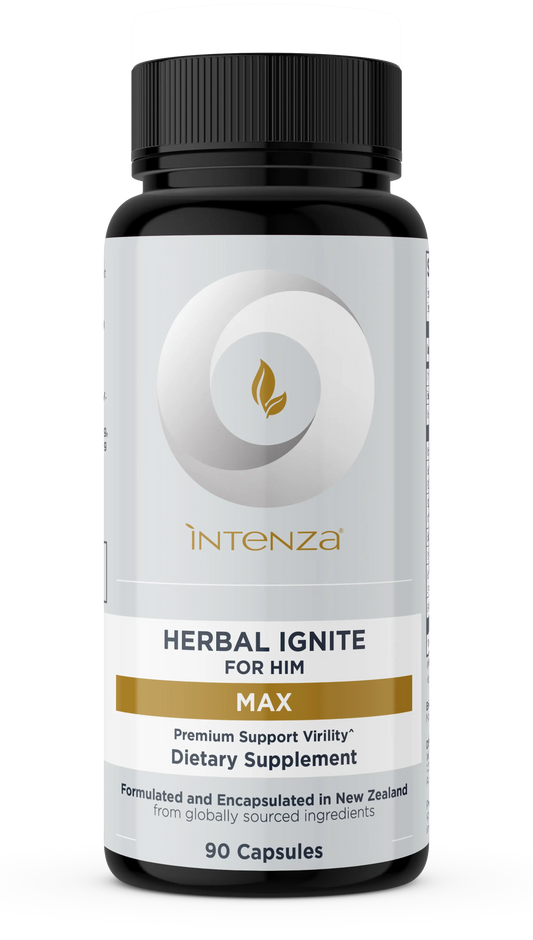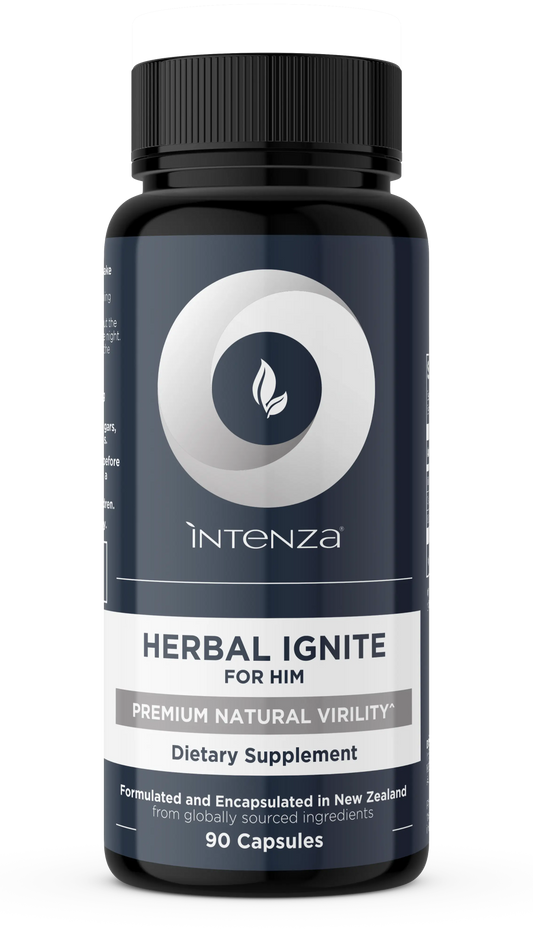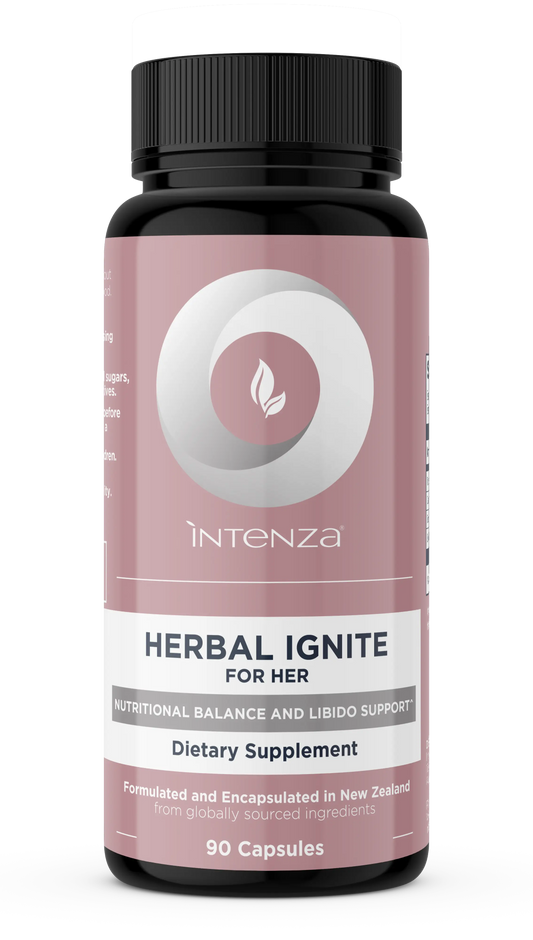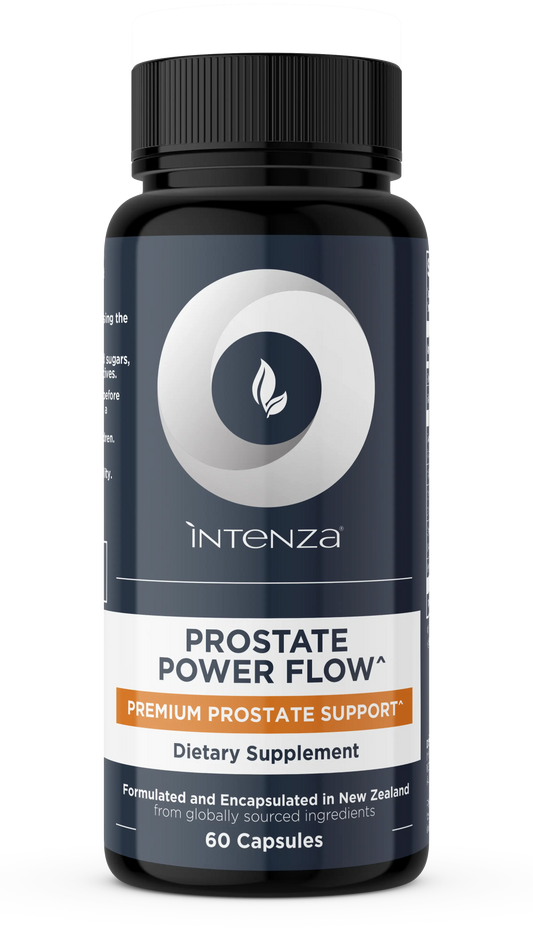
Premium Libido and Virility support in a range of convenient dietary supplements.
SHOP BY CATEGORY
-
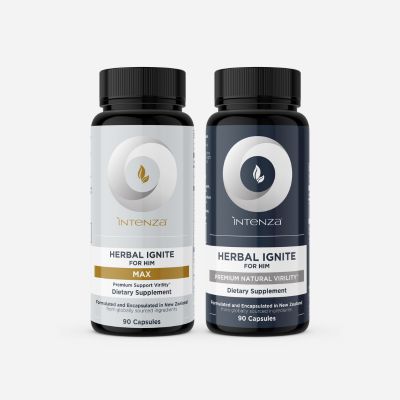
FOR HIM
For Him -
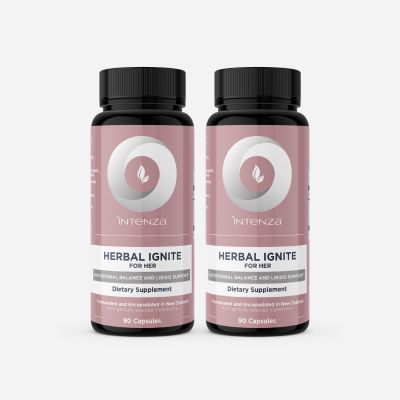
FOR HER
For Her -
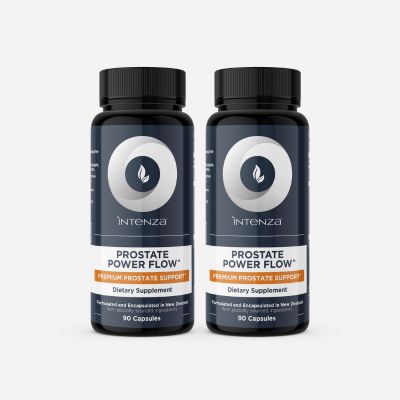
PROSTATE HEALTH
Prostate Health -
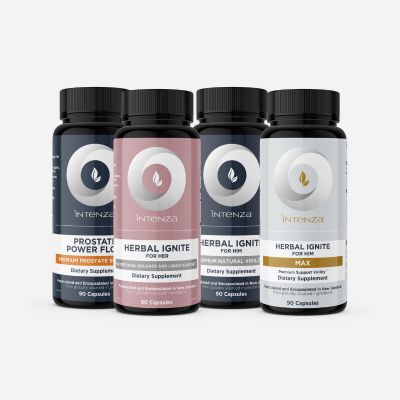
ALL PRODUCTS
All products
HERBAL IGNITE RANGE
-
Herbal Ignite for Him - Max
Regular price $69.00 USDRegular priceUnit price / per -
Herbal Ignite for Him
Regular price $59.00 USDRegular priceUnit price / per -
Herbal Ignite for Her
Regular price $59.00 USDRegular priceUnit price / per -
Herbal Ignite - Prostate Power Flow
Regular price $49.00 USDRegular priceUnit price / per
ABOUT HERBAL IGNITE
Nearly 30 years ago, a well-known New Zealand radio host developed an herbal sexual health supplement with his partner, Jenny. Unable to find a dietary supplement on the market that was effective, they worked with a biochemist to design a supplement that utilised high concentrations of powerful herbal ingredients. Herbal Ignite worked brilliantly for them, so they went on to market their formula to the benefit of tens of thousands of couples across the world.
Designed and made in New Zealand, Herbal Ignite is proud to provide high-quality dietary supplements to support couples with their intimacy and sexual health.
Let customers speak for us
from 6 reviews
This worked so well for me. I'd tried other herbal stuff before but didn't really feel any difference. My wife couldn't be happier ;)

I am taking Prostate Power Flow at the moment and it’s great.

Started a new relationship three months ago, but as a man of 64 years old, I was worried about my bedroom performance. I feel young again!

After trying the product [Herbal Ignite For Him] and taking it for approx.6 weeks, I’m getting great results. Thanks for making such a great product!

To increase my overall well-being, I started to take Herbal Ignite, it does make me feel good about myself. Will come back and buy more.

Hey guys, just a review for Herbal Ignite For Him Max. Personally I was skeptical but after trying my first container with the zinc combo I have to say the results are awesome!! I have never felt so confident in the room or just in general! If you want your confidence, back give Herbal Ignite Max a try you won’t regret it!! Happy customer.





